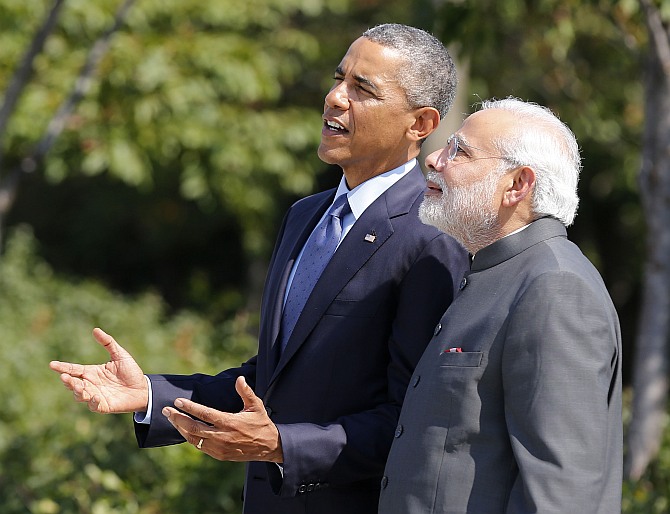SHREYA KEDIA
Nearly 30 years after the enactment of a legislation to protect the rights of consumers against unfair trade practices and deficiency in services from goods and service providers, it is sad to note that the Consumer Protection Act (CPA), which was brought into force in 1986, to keep a check on problems faced by consumers like rampant food shortages, hoarding, black marketing, adulteration of food and edible oil etc, has failed to safeguard the rights of consumers.
The state of affairs is evident in a recent report submitted by a three-member committee on the workings of consumer courts in India. The committee, appointed by the Supreme Court in February this year, lamented about the consumer redressal system in our country. It said that the mechanism had lost relevance over the years. The panel found deficiencies in terms of infrastructural requirements, allotment of posts, panels at the national, State and district levels, and said there was a need for additional consumer court benches. Besides, it listed a host of difficulties faced by litigants.
Till date, there were about 4,00,385 pending cases across national, State and district forums. Out of this, 2,88,762 cases were pending in district forums alone. The report also found that the consumer courts function hardly for two to three hours a day. Most of the files remain unattended, with termites eating them away.

The CPA of 1986 mandates that every district in the country must have at least one consumer redressal forum called ‘consumer courts’. Above the district forums are the State commissions and at the top is the National Consumer Disputes Redressal Commission. These quasi-judicial agencies were set up to uphold consumers trust and faith and to ensure that they get value for money.
Approaching a consumer court is simple and cheap and there’s no need to hire a lawyer, as one can speak for oneself. Moreover, the court fee is just minimal. Despite these advantages, consumers are vary of approaching consumer courts, fearing delay in judgements and complexities involved in filing complaints. There are numerous cases where citizens have received compensation almost after losing hope.
While the public in general is familiar with the jingle, Jago grahak jago, which is often heard on radio and television, the message behind this advertisement often goes unnoticed. People in rural and semi-urban areas are unaware about the existence of consumer forums. They are not even aware that they have the right to file complaints if they have been harassed or cheated by the goods or service provider. Strictly, there has been a lack on the part of Government agencies over the last three decades to raise awareness about consumer rights and grievance redressal mechanisms.
Lack of infrastructural facilities, as pointed out in the report, is yet another drawback that adds on to delay in disposition of cases. Consumer forums across the country, barring few, lack basic facilities like furniture, computers drinking water, toilets etc. This is disheartening not only for the staff but also for the customers. What exists in the name of record rooms are cob-webbed rooms where bundles of files lie piled up as moths eat them away. On the other hand, lack of manpower further complicates the problem. Many posts lie vacant as most of the employees work either on a contractual basis or are privately appointed. With the advancement of technology and gaining significance of online marketing, it is all the more essential that such forums speedy disposal of cases.
However, there are success stories too. Sandeepkumar Brahmecha from Nasik, had filed a complaint against Bharat Sanchar Nigam Limited for lack of quality service in a local court. He received a total compensation of Rs 13,000. This amount included compensation for the services, for mental harassment and for registering compliant with the court. In yet another case, a Gujarat consumer court asked Pepsico India Holdings Pvt Ltd to pay a compensation of Rs 20,000 to a customer who had found gutka in the soft drink bottle he had purchased. There are also many cases where patients have been heavily compensated against medical negligence by doctors and hospitals.
Hopes are high that the proposed amendments to the Consumer Protection Act, 1986, that is to be introduced in Parliament this Winter Session, will revamp the consumer protect law. The new Bill ought to go a long way in ushering a consumer-friendly legislation. If the consumer is indeed to be the ‘king’ in reality, and not just in name, the CPA needs to be more effectively implemented.
(The writer is a journalist with an interest in social issues)

